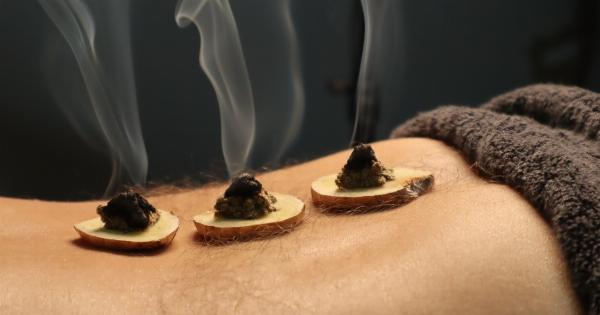Inflammation is a common condition that affects many people, and it can have a detrimental effect on the skin. From redness and itching to swelling and pain, inflamed skin can be both uncomfortable and unsightly.
However, there is good news – there are several wonderful solutions for inflamed skin that can provide relief and promote healing. In this article, we will explore these solutions and how they can help you achieve healthier, happier skin.
Understanding Inflammation
Before we delve into the solutions, let’s first understand what inflammation is and how it affects the skin. Inflammation is the body’s natural response to injury or infection.
It is part of the immune system’s defense mechanism to protect and heal damaged tissues. However, when inflammation becomes chronic or excessive, it can disrupt the natural balance of the skin and lead to various skin conditions.
Inflamed skin can manifest in various ways, including redness, swelling, itching, and pain. It can be caused by a variety of factors such as allergic reactions, irritants, autoimmune disorders, or skin infections.
Regardless of the cause, finding a suitable solution to calm and heal inflamed skin is crucial.
1. Moisturize with Aloe Vera
Aloe vera has been used for centuries for its soothing and healing properties. It contains enzymes, vitamins, and minerals that can help reduce inflammation and promote skin repair.
Applying pure aloe vera gel to inflamed skin can provide instant relief and hydration. Look for products that contain a high percentage of aloe vera or even better, extract the gel directly from the plant itself.
2. Use Topical Corticosteroids
In cases of severe inflammation or conditions such as eczema or psoriasis, a topical corticosteroid cream can be highly effective. These creams work by reducing inflammation, relieving itchiness, and helping the skin heal.
However, it is important to use them under the guidance of a healthcare professional, as improper use or prolonged use can have side effects.
3. Incorporate Antioxidants into Your Skincare Routine
Antioxidants play a vital role in protecting the skin from oxidative stress and reducing inflammation. Ingredients such as vitamin C, vitamin E, green tea extract, and niacinamide are known for their antioxidant properties.
Incorporating skincare products rich in antioxidants can help calm inflamed skin and prevent further damage.
4. Try Natural Remedies
Nature provides us with many solutions for inflamed skin. Calming ingredients like chamomile, oatmeal, honey, and turmeric have anti-inflammatory properties and can help soothe irritated skin.
There are various natural remedies and DIY face masks you can try to provide relief to your inflamed skin.
5. Embrace a Healthy Diet
What you eat can greatly impact the health of your skin. Consuming a diet rich in fruits, vegetables, whole grains, and healthy fats can provide the necessary nutrients to support skin health and reduce inflammation.
Avoiding processed foods, sugars, and excessive alcohol can also contribute to the overall improvement of inflamed skin.
6. Choose Gentle and Fragrance-Free Products
Harsh skincare products or those containing fragrances can aggravate inflamed skin and further disrupt the skin’s barrier.
Opt for products specially formulated for sensitive or inflamed skin that are free from irritants such as fragrance, alcohol, and harsh chemicals. Look for labels that indicate the product is hypoallergenic or suitable for sensitive skin.
7. Protect Your Skin from the Sun
Exposure to the sun’s harmful UV rays can worsen inflammation and damage the skin. It is essential to apply broad-spectrum sunscreen with at least SPF 30 every day, even on cloudy days.
Additionally, wearing protective clothing, seeking shade, and avoiding peak sun hours can further protect your skin from further inflammation.
8. Practice Stress Management Techniques
Stress is known to aggravate inflammation and affect overall skin health. Finding healthy ways to manage stress can have a positive impact on your skin.
Engage in activities such as yoga, meditation, deep breathing exercises, or hobbies that help you relax and reduce stress levels.
9. Consult a Dermatologist
If your inflamed skin persists or worsens despite trying various remedies, it is essential to consult a dermatologist.
They can assess your condition, identify the underlying cause, and provide personalized treatment options to address your specific concerns.
10. Be Consistent and Patient
Lastly, it’s important to remember that healing inflamed skin takes time. It requires consistency in following a proper skincare routine, implementing healthy lifestyle choices, and incorporating the right products.
Patience is key as your skin restores its natural balance and heals from within.































